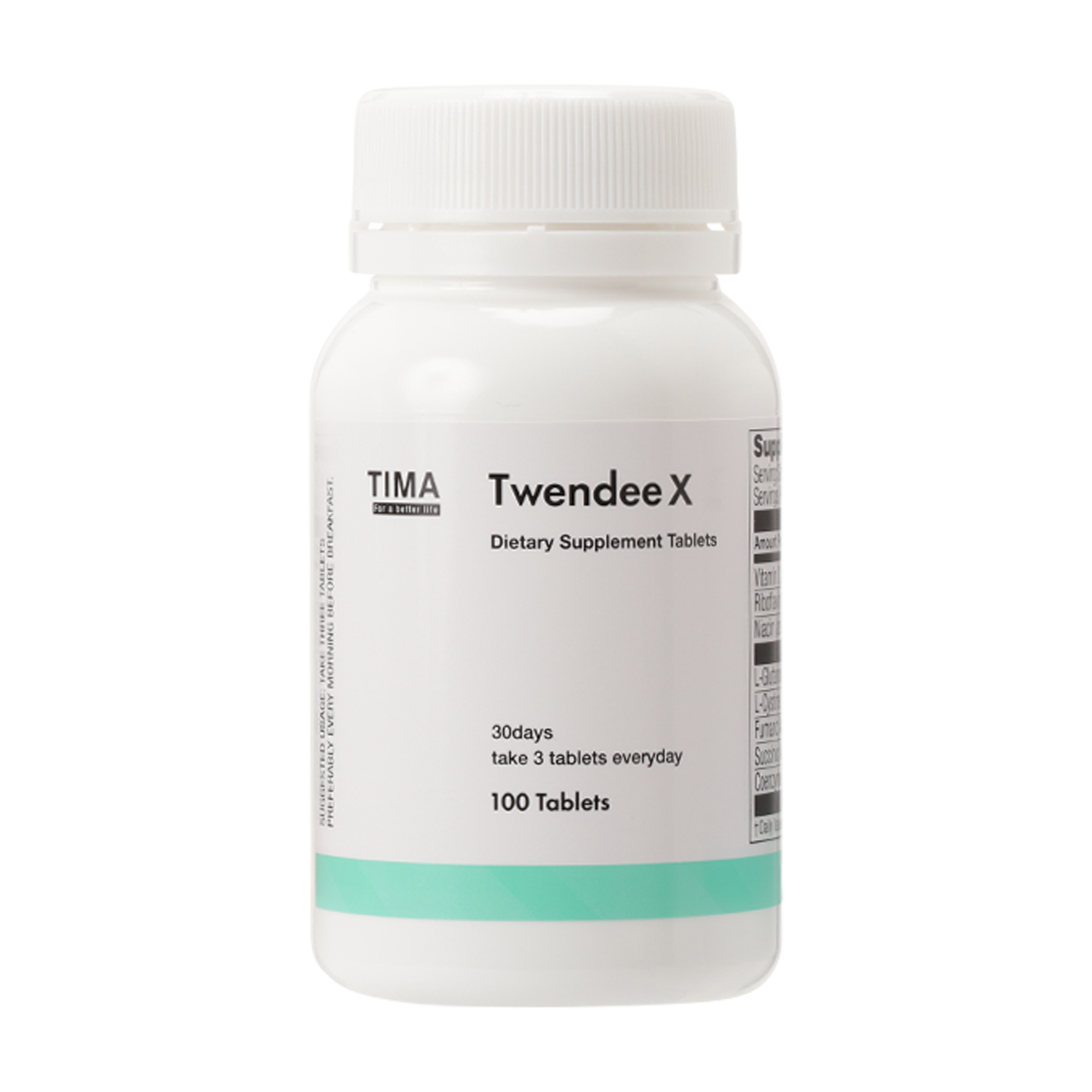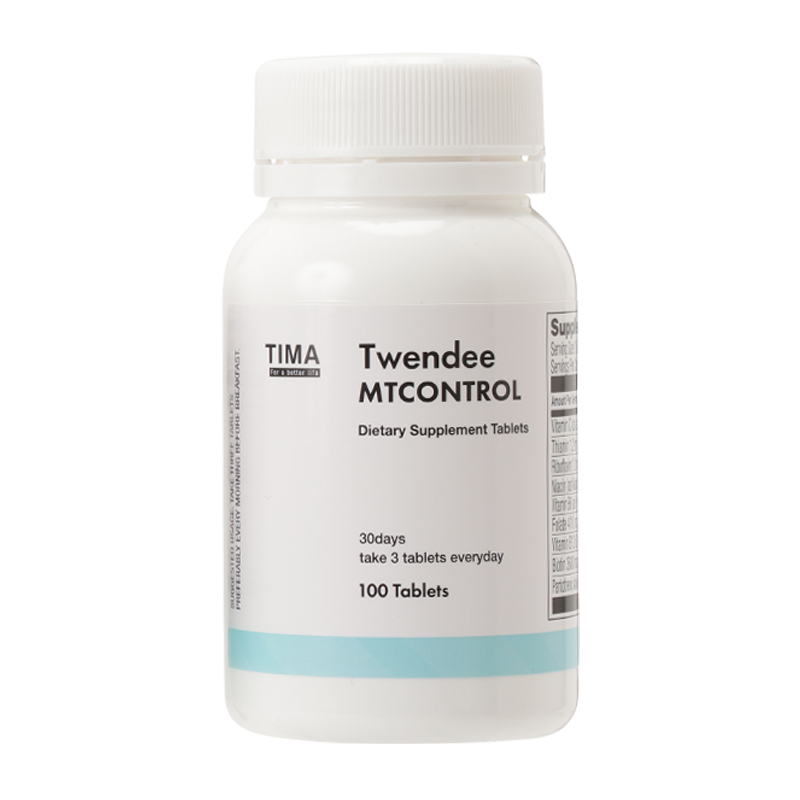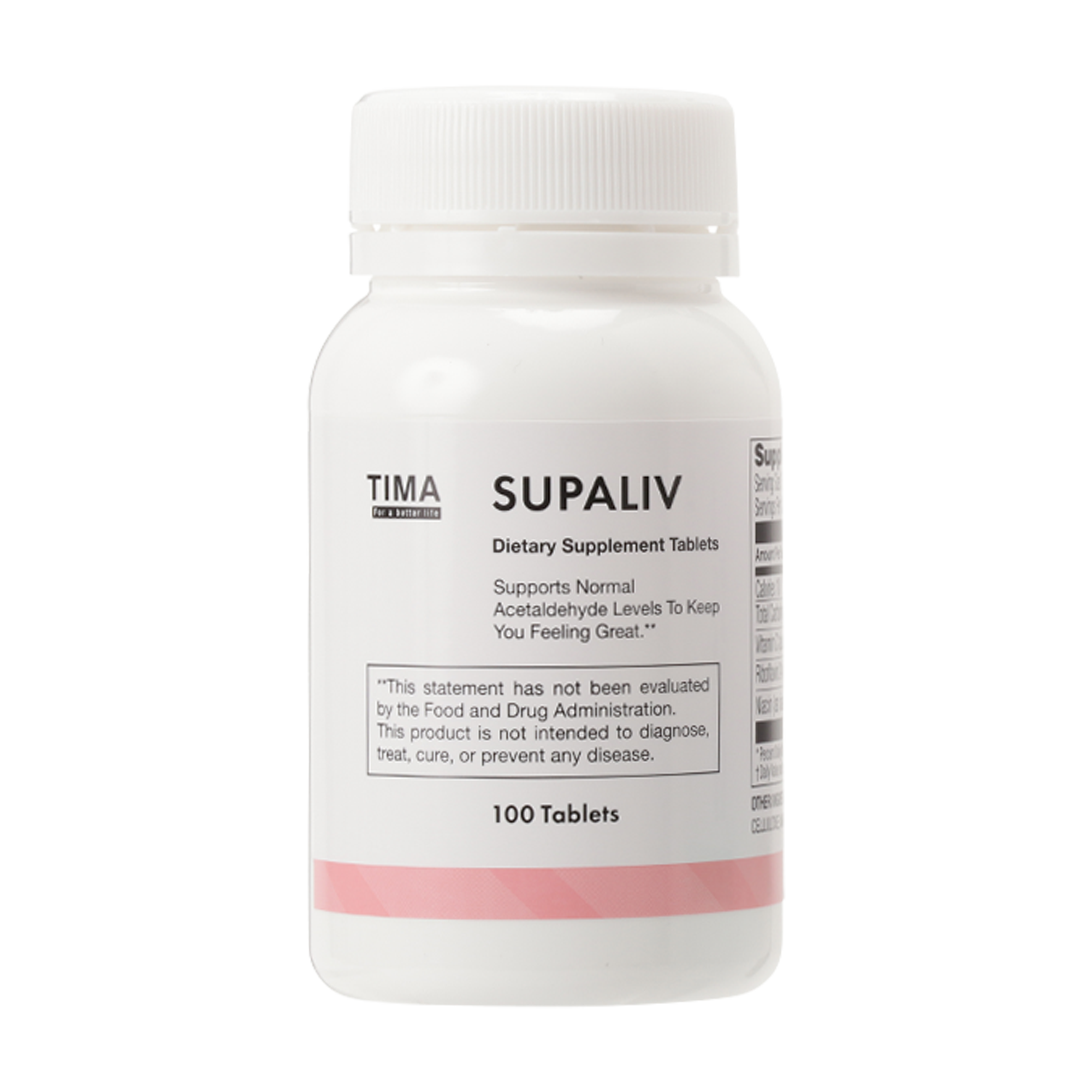Thesis on Oxidative Stress and "liver disease"
- Paper title
- Mechanisms of Diabetes-Induced Liver Damage: The role of oxidative stress and inflammation.
- Abstract summary
- Increased oxidative stress and an aberrant inflammatory response activates the transcription of pro-apoptotic genes and damages hepatocytes.
- Authors
- J. Mohamed, A. H. Nazratun Nafizah, A. H. Zariyantey, S. B. Budin
- Journal
- Sultan Qaboos University Medical Journal
- Semantic Scholar URL
- https://semanticscholar.org/paper/a1e26318a3600f3fcad9cf220a6f049cb625f3e7
- Abstract
-
Diabetes mellitus is a non-communicable disease that occurs in both developed and developing countries.
This metabolic disease affects all systems in the body, including the liver. Hyperglycaemia, mainly caused by insulin resistance, affects the metabolism of lipids, carbohydrates and proteins and can lead to non-alcoholic fatty liver disease, which can further progress to non-alcoholic steatohepatitis, cirrhosis and, finally, hepatocellular carcinomas.
The underlying mechanism of diabetes that contributes to liver damage is the combination of increased oxidative stress and an aberrant inflammatory response; this activates the transcription of pro-apoptotic genes and damages hepatocytes. Significant involvement of pro-inflammatory cytokines-including interleukin (IL)-1β, IL-6 and tumour necrosis factor-α-exacerbates the accumulation of oxidative damage products in the liver, such as malondialdehyde, fluorescent pigments and conjugated dienes.
This review summarises the biochemical, histological and macromolecular changes that contribute to oxidative liver damage among diabetic individuals.








